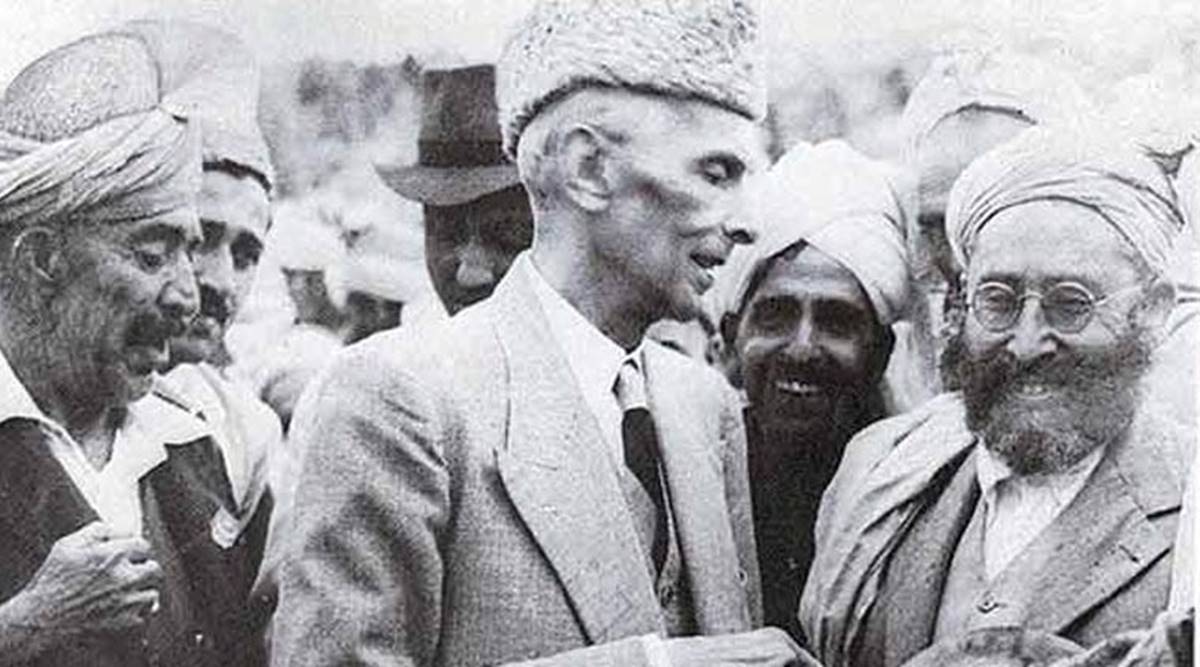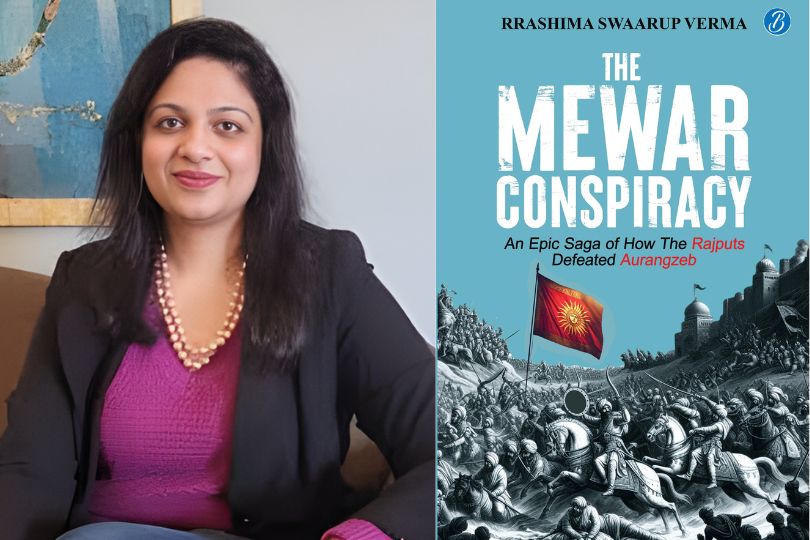Frontlist Book | New book examines role of Jinnah in history
Frontlist Book | New book examines role of Jinnah in historyon Sep 16, 2020

According to publishing house Penguin, the book using a wealth of contemporary records and archival material answers crucial questions.
A new book on the life and times of Pakistan’s founder Mohammad Ali Jinnah traces his journey from being an Indian nationalist to becoming a Muslim communitarian and then to Pakistan’s all-powerful head of state. The book, Jinnah: His Successes, Failures and Role in History, claiming to be a “path-breaking” examination of one of the most controversial figures of the twentieth century, is written by Swedish political scientist and a noted author of Pakistani descent Ishtiaq Ahmed. “This is a study of an extraordinary individual, a natural-born leader, Mohammad Ali Jinnah, whose mark on the history and politics of the Indian subcontinent is indelible — good or bad, depending on the perspective from which you approach his role,” writes the author in the book. Born on December 25th, 1876, Jinnah served as leader of the All-India Muslim League from 1913 until Pakistan’s creation on August 14, 1947. He then served as Pakistan’s first governor-general until his death in 1948.
Book launched
book news
Book on Jinnah
Failures and Role in History
Frontlist
Frontlist Book News
Frontlist New Book
Frontlist News
Ishtiaq Ahmed
Jinnah
Jinnah: His Successes
Mohammad Ali Jinnah
Pakistan Jinnah
Pakistan’s founder



.jpg)






.jpg)

.jpg)

.jpg)

.jpg)
.jpg)










Sorry! No comment found for this post.